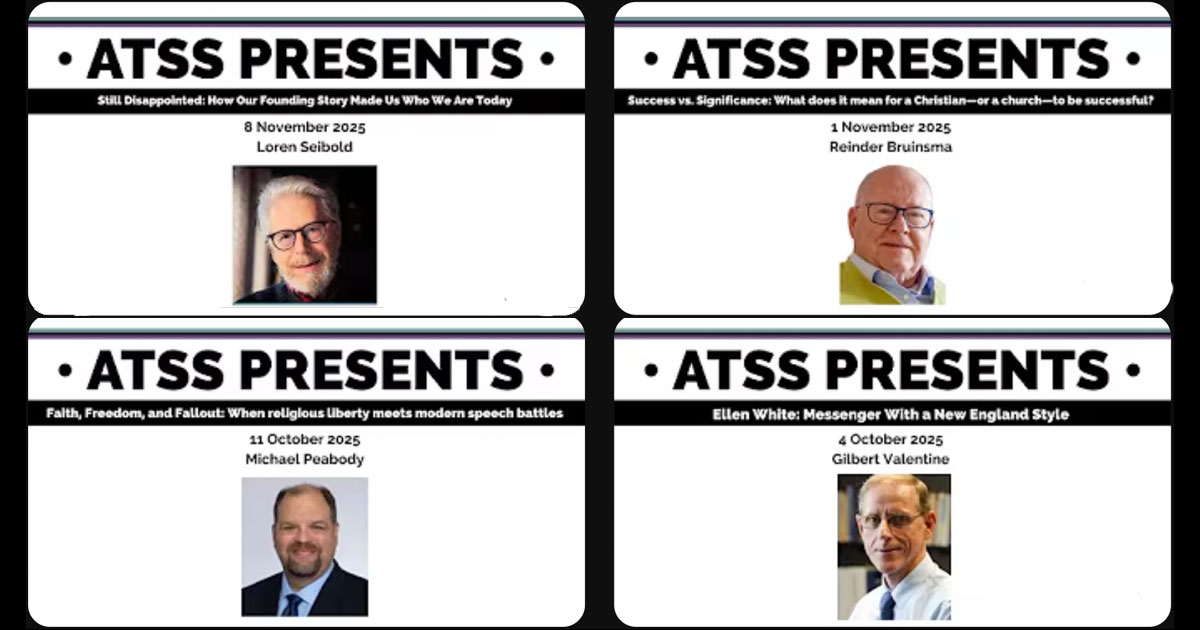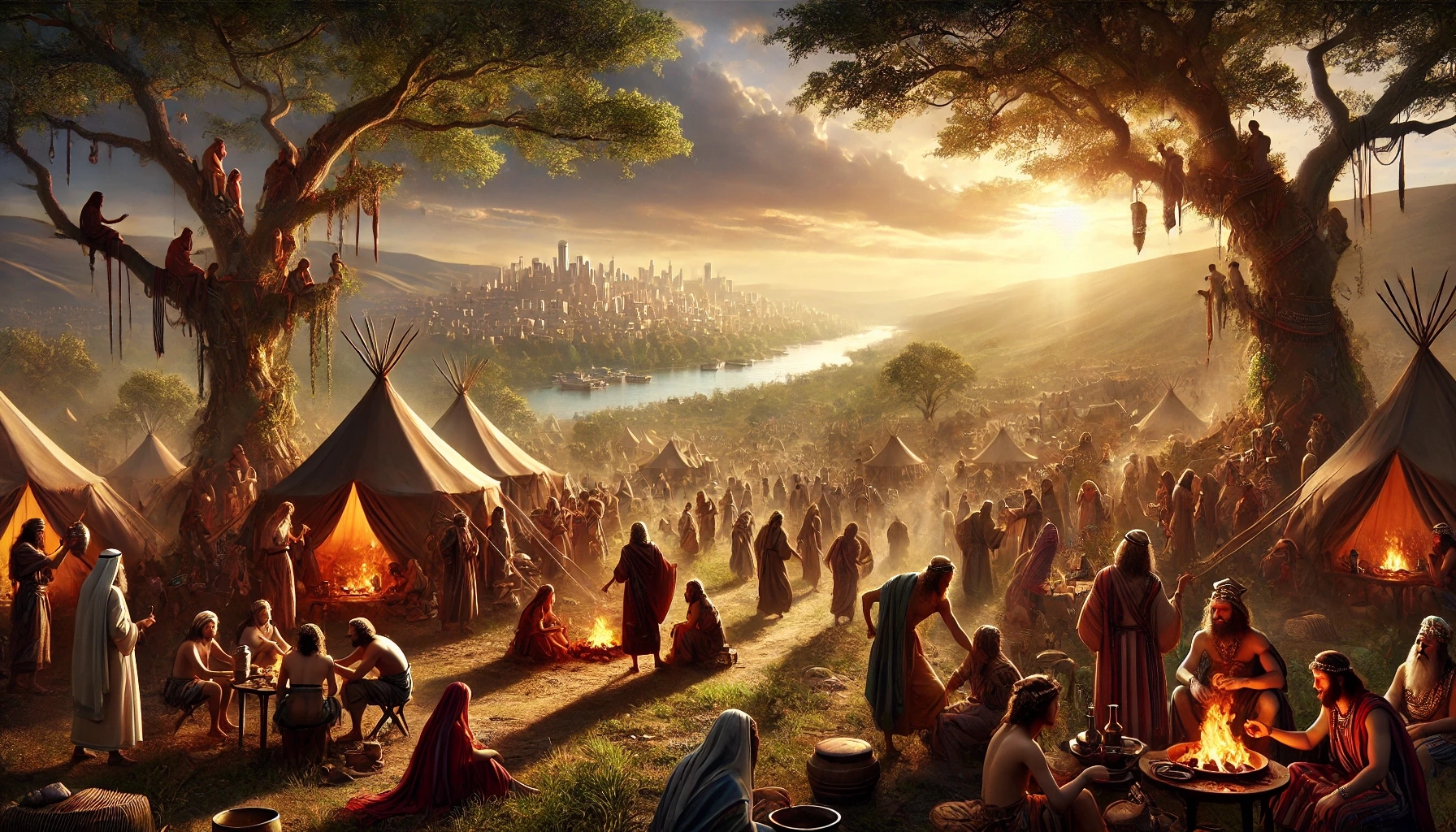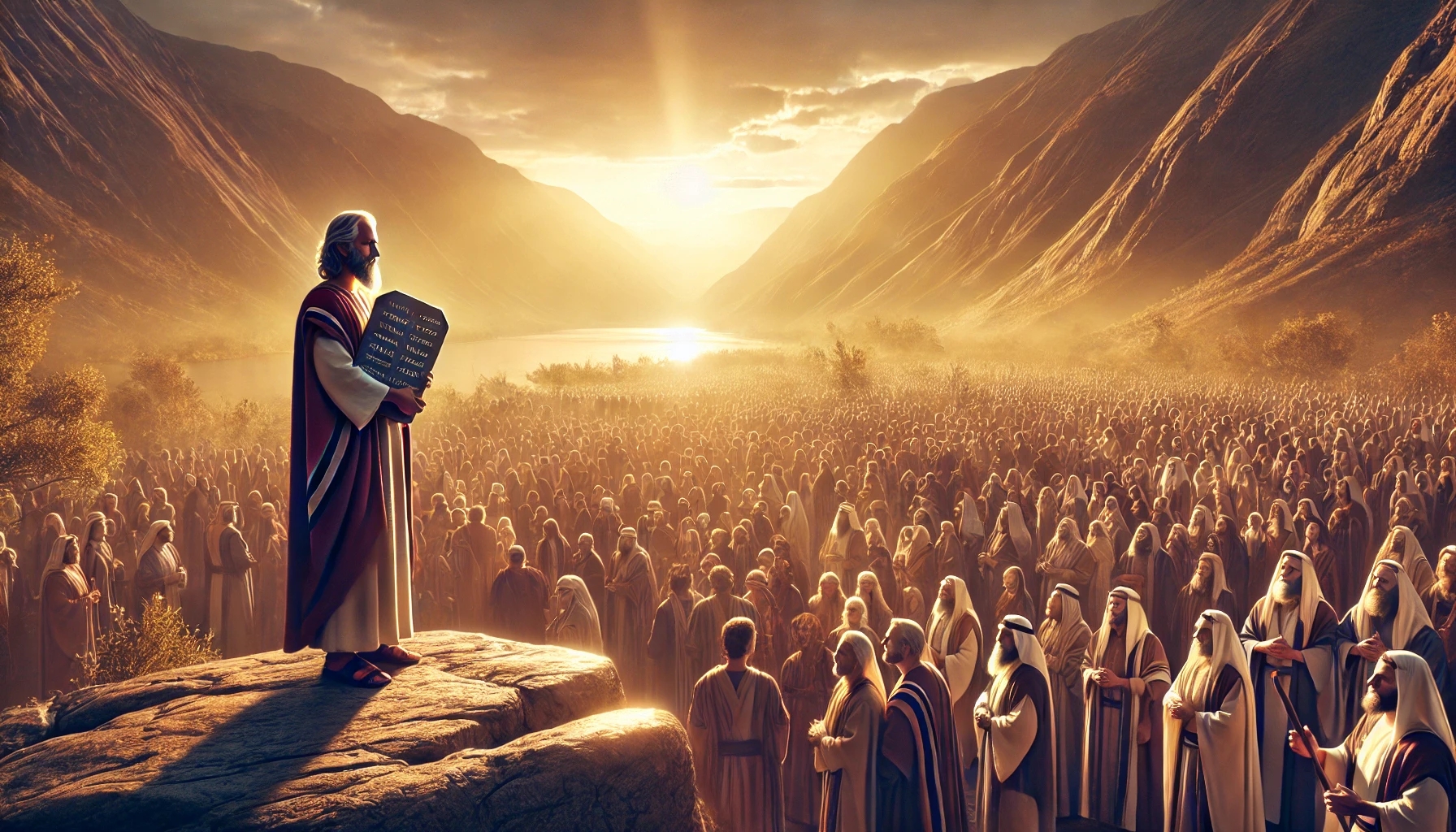
17 November 2025 | Dear Aunt Sevvy, Are the seven last plagues literal or symbolic? Gentle Reader: Aunty thinks you’re probably asking the wrong question. The real question is why we continue to try to tease out of Revelation a timetable of either the future or the past. Why would we suppose this confusing mishmash […] Source: https://atoday.org/aunty-are-the-seven-last-plagues-literal-or-symbolic/


 LESSONS OF FAITH FROM JOSHUA
LESSONS OF FAITH FROM JOSHUA Lesson 8 : Giants of Faith: Joshua and Caleb
Lesson 8 : Giants of Faith: Joshua and Caleb 8.2 Give Me This Hill Country
8.2 Give Me This Hill Country Wholehearted for the Lord – Caleb’s Uncompromising Faith
Wholehearted for the Lord – Caleb’s Uncompromising Faith Introduction
Introduction Bible Study – Caleb’s Attitude: Wholehearted Faith
Bible Study – Caleb’s Attitude: Wholehearted Faith Answering the Questions
Answering the Questions Question 1: How would you describe the mindset of Caleb and Joshua? What does it mean to follow the Lord fully?
Question 1: How would you describe the mindset of Caleb and Joshua? What does it mean to follow the Lord fully? Question 2: What “small” compromises keep us from fully following God?
Question 2: What “small” compromises keep us from fully following God? Everyday Application
Everyday Application Conclusion
Conclusion Thought of the Day
Thought of the Day Illustration
Illustration Lesson from the Story
Lesson from the Story 17.November 2025
17.November 2025 BELIEVE HIS PROPHETS
BELIEVE HIS PROPHETS Daily Bible Reading
Daily Bible Reading Judges 4 – Deborah and Barak – God’s Victory Through Unexpected Ways
Judges 4 – Deborah and Barak – God’s Victory Through Unexpected Ways God uses courageous women and obedience to save His people
God uses courageous women and obedience to save His people Bible Text – Judges 3 (KJV)
Bible Text – Judges 3 (KJV) Introduction
Introduction Commentary
Commentary Summary
Summary Message for Us Today
Message for Us Today Reflection Prompt
Reflection Prompt Where might I, like Barak, seek reassurance instead of trusting God directly?
Where might I, like Barak, seek reassurance instead of trusting God directly?
 16–22 November 2025
16–22 November 2025 Ellen White | Patriarchs and Prophets – Chapter 41
Ellen White | Patriarchs and Prophets – Chapter 41 Apostasy at the Jordan | Warning against spiritual apostasy and moral seduction
Apostasy at the Jordan | Warning against spiritual apostasy and moral seduction Read online
Read online 
 November 17, 2025
November 17, 2025 Joseph – Faith That Carries You Through
Joseph – Faith That Carries You Through 20.A Spirit of Excellence
20.A Spirit of Excellence Daily Bible Verse
Daily Bible Verse Introduction
Introduction Joseph’s Journey: – The Path of Excellence
Joseph’s Journey: – The Path of Excellence What Does Excellence Mean for Us Today?
What Does Excellence Mean for Us Today? Practical Steps Toward Excellence in Daily Life
Practical Steps Toward Excellence in Daily Life Practical Questions for Reflection
Practical Questions for Reflection Prayer
Prayer Key Thought of the Day
Key Thought of the Day Blessing to Close
Blessing to Close
